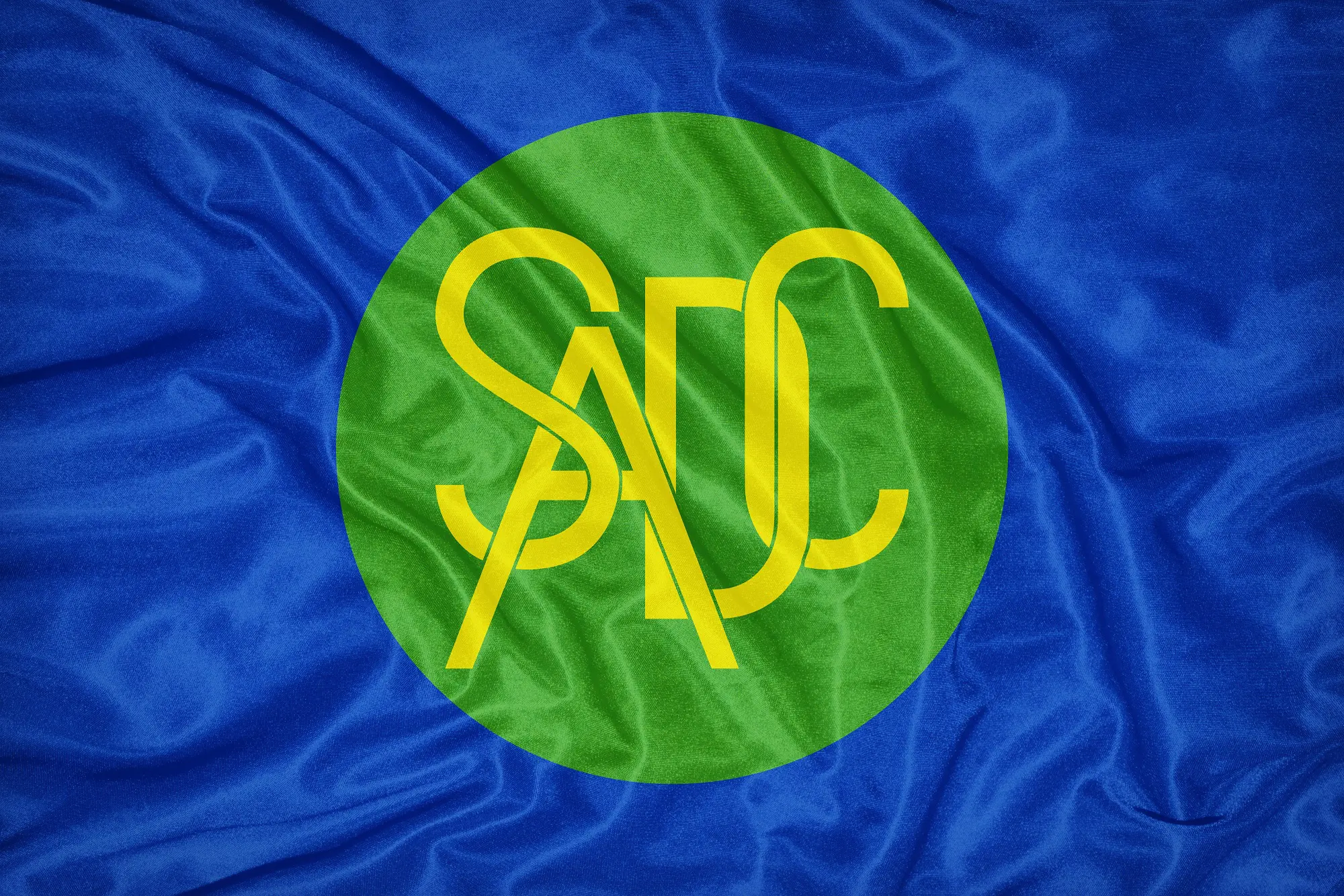
On 18 November 2005, the Southern African Development Community Tribunal (SADC Tribunal) was inaugurated. It was established through a protocol which created a regional court to hear disputes of not only SADC member states but also of their citizens. This was a momentous occasion for the Southern Africa region, especially given that a regional court with the power to hear human rights cases is a critical mechanism in the pathway to justice after exhaustion of local remedies. At the time of the SADC Tribunal’s establishment, this type of regional adjudication body, was already available to citizens in the West African region, in the form of the ECOWAS Court and and in the East African region, in the form of the East African Court of Justice.
In August 2014, the Protocol establishing the SADC Tribunal was revised to remove the Tribunal’s power to hear disputes brought by citizens against states and its mandate was restricted to only hear disputes between SADC member States. The SADC Tribunal thus no longer has a human rights jurisdiction, meaning that individuals no longer have direct access to the Tribunal. Without a meaningful regional court, justice and redress will remain elusive for people of the region. Thus in essence, the SADC Heads of State effectively buried the SADC Tribunal when they took away the power of the SADC Tribunal to hear human rights cases. The Tribunal has not been in operation since this time.
SADC is a sub-regional community with ongoing human rights violations without a regional platform to hear these cases. Given the nature of the extent of the human rights situation in the region, the adoption of the revised SADC Tribunal Protocol in 2014, undermines human rights protections, as it limits citizens, civil society organisations and other non-state actors access to the Tribunal. Given that fact that the SADC Tribunal was designed to be a fair impartial court where citizens could hold their governments accountable and seek redress for the violation of their rights, in agreeing to the revised Protocol, and removing a forum for individual access to justice in the region, the SADC Heads of State are responsible for removing a measure of acess to justice for their citizens. There have been attempts by three law societies and bar associations to challenge the adoption of the 2014 protocol. These were in South Africa, Tanzania and Mozambique.
In the case of Law Society of South Africa and others v The President of the Republic of South Africa and others the Law Society challenged former President, Jacob Zuma’s participation in the suspension of the SADC Tribunal. In its decision, handed down on 11 December 2018, the Constitutional Court held that the President’s participation in the decision-making process and his own decision to suspend the operations of the SADC Tribunal was unconstitutional, unlawful and irrational, and the Court directed the current sitting President to withdraw his signature from the 2014 Protocol. This judgment led to current President Cyril Ramaphosa, officially informing SADC of South Africa’s decision to withdraw its signature, and this was noted in the communique of the 39th SADC Summit of Heads of State and Government in August 2019.
The decision of the Constitutional Court was closely followed by a decision of the High Court of the United Republic of Tanzania which, on 4 June 2019, found that Tanzania had violated its obligations under the SADC Treaty by participating in the suspension of the Tribunal and replacing the SADC Tribunal Protocol with a new Protocol contrary to the SADC Treaty. The Tanzania High Court emphasised that, the “suspension of the operations of the SADC Tribunal; and failure or refusal to appoint judges contrary to the clear Treaty provisions, was inimical to the Rule of Law as a foundational principle inherent to the legitimacy of the community; and as expressly entrenched in the [SADC] Treaty.”
While South Africa has taken progressive steps towards the reinstatement of the Tribunal, Tanzania is yet to withdraw its signature. There also needs to be consensus from other SADC member states to ensure that the Tribunal is reinstated. These countries include: Malawi, Zimbabwe, Democratic Republic of the Congo, Lesotho, Mozambique, Namibia, and Zambia who all signed the 2014 Protocol and who also need to review their position and take a decision to withdraw their signatures.
Therefore, on the week of the anniversary of the inauguration of the SADC Tribunal, we once again call on member states that have signed the revised SADC Tribunal Protocol, to withdraw their signatures from the revised Protocol, as it violates and runs counter to the spirit and principles of the SADC Treaty. We further call on those who have not signed the Protocol to refrain from signing, and to advocate for an inclusive Tribunal that will serve the needs of the people of SADC. Most importantly, we call for an effective regional court which promotes and protects human rights, the rule of law, democracy and public participation.



